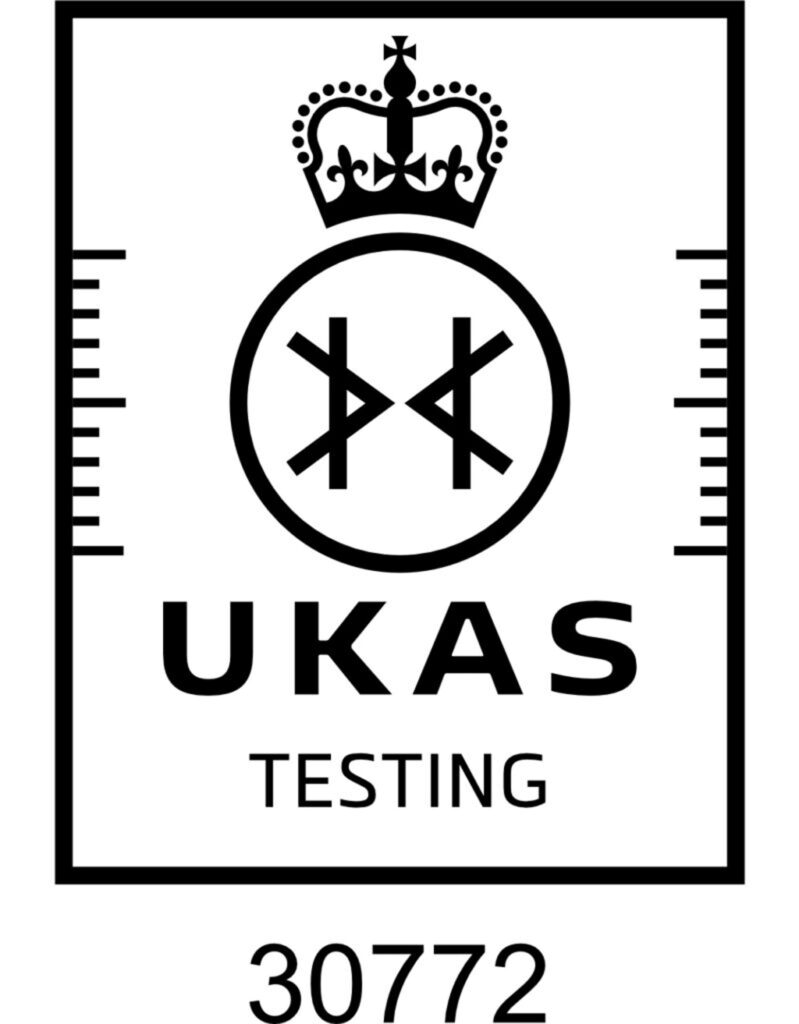
The Laboratory California Bearing Ratio (CBR) Test measures the strength of soil for use in road construction and sub-base design. It assesses the pressure required to penetrate a soil sample with a standard plunger and compares it to the pressure needed for equal penetration in a standard crushed rock material.
The Laboratory CBR Test is a vital method for assessing soil suitability for construction projects, particularly in road and foundation engineering. Contact us for reliable and accurate testing.

AMTEST UK Ltd delivers top-tier services to civil engineering and infrastructure clients across the UK, backed by expert in-house concrete consultants.
Unit A 2D/6, Project Park, North Crescent, London E16 4TQ
The Laboratory California Bearing Ratio (CBR) Test measures the strength of soil for use in road construction and sub-base design. It assesses the pressure required to penetrate a soil sample with a standard plunger and compares it to the pressure needed for equal penetration in a standard crushed rock material.
The Laboratory CBR Test is a vital method for assessing soil suitability for construction projects, particularly in road and foundation engineering. Contact us for reliable and accurate testing.